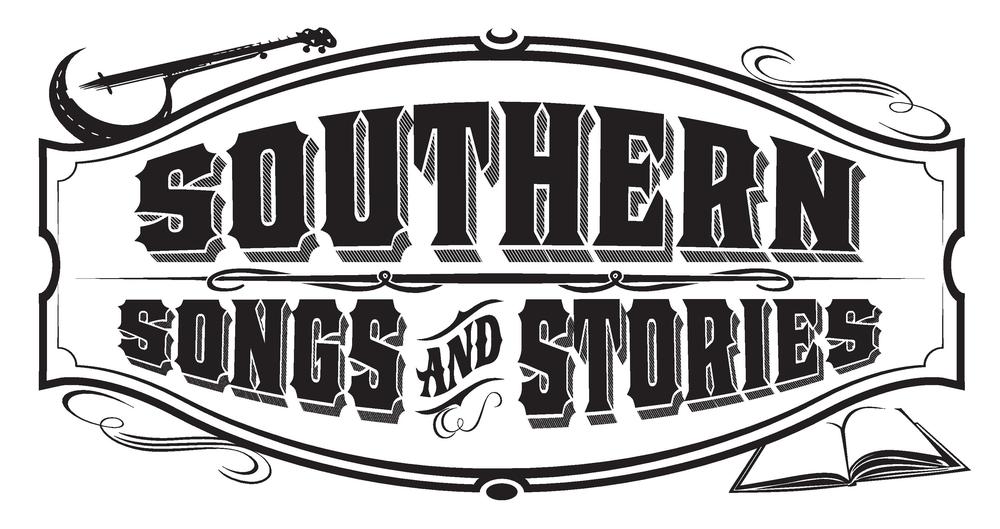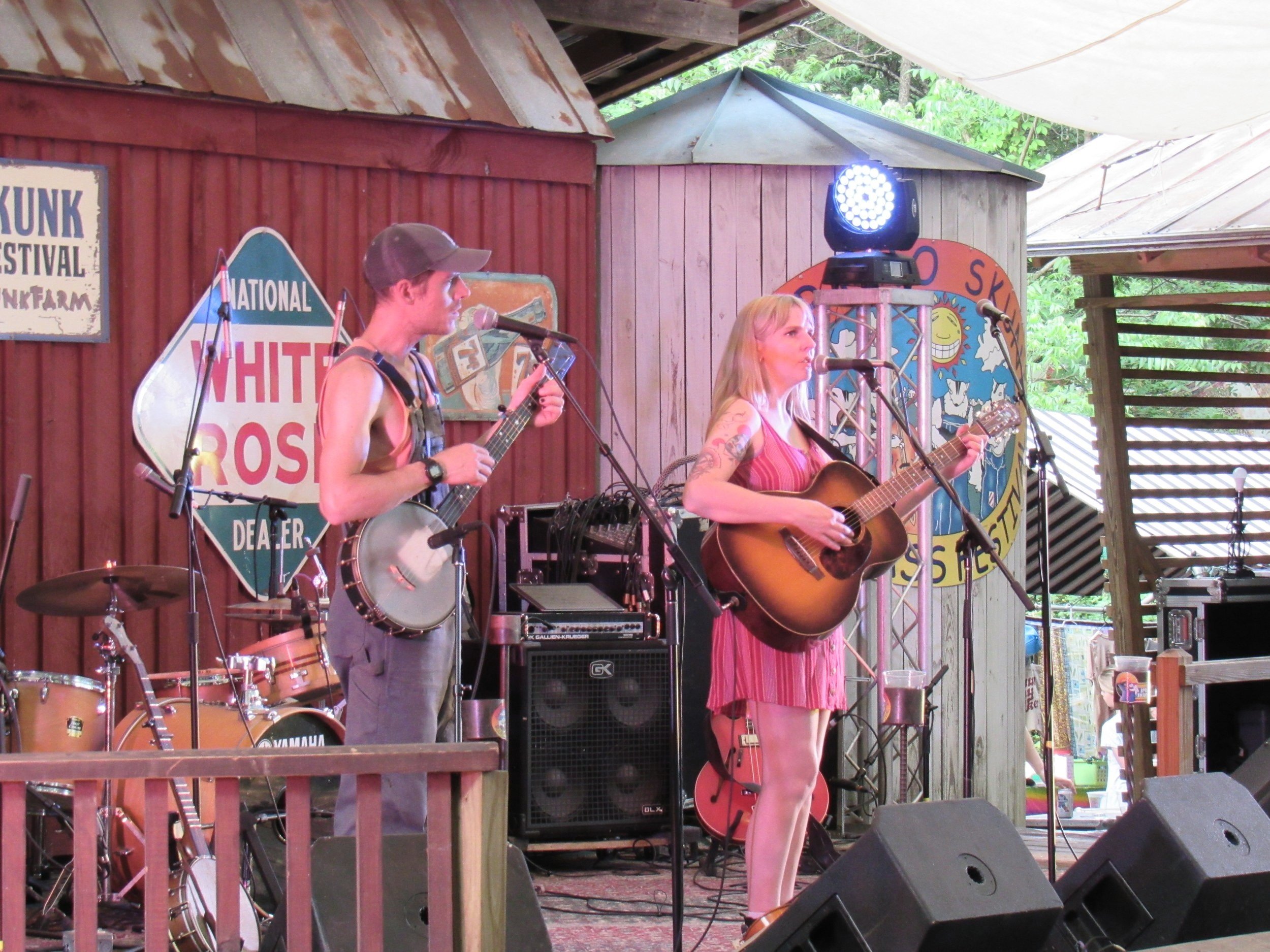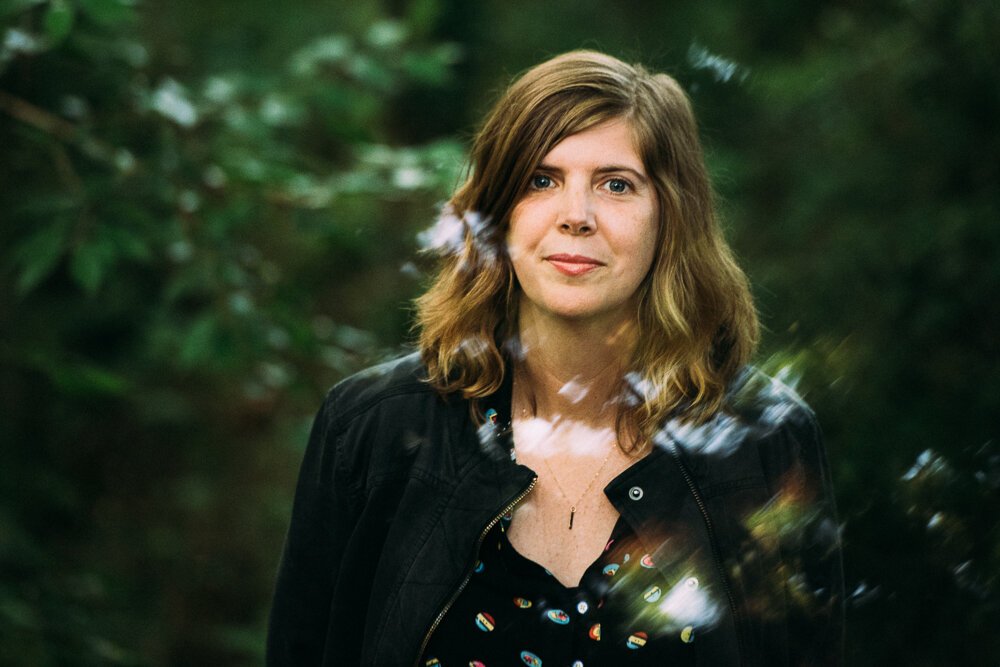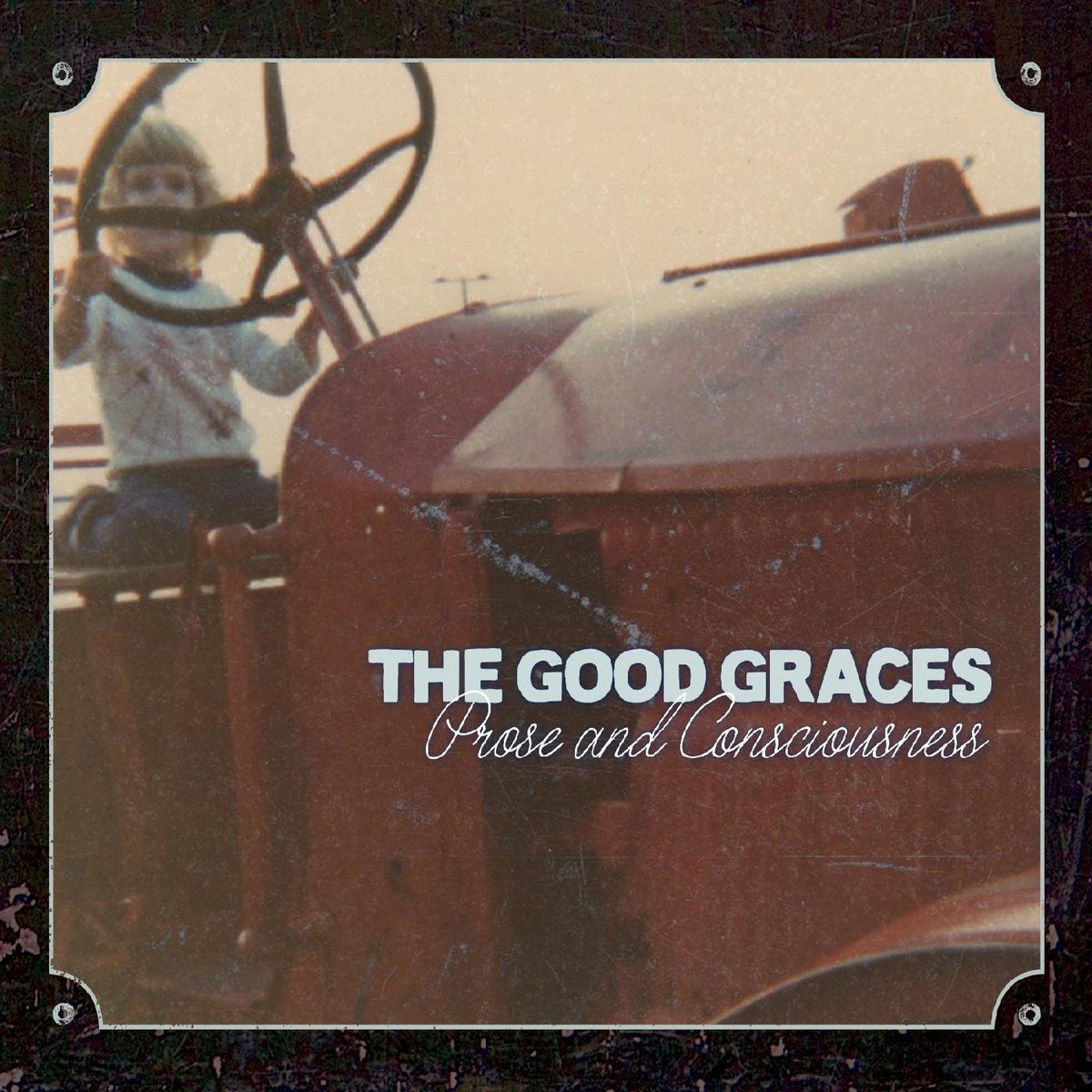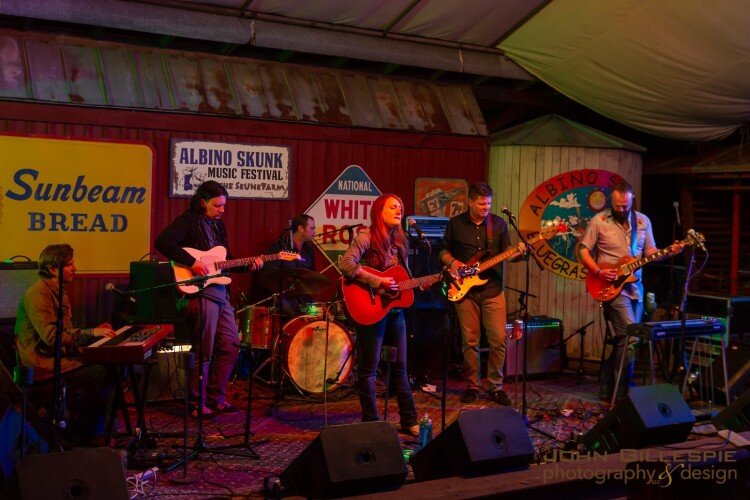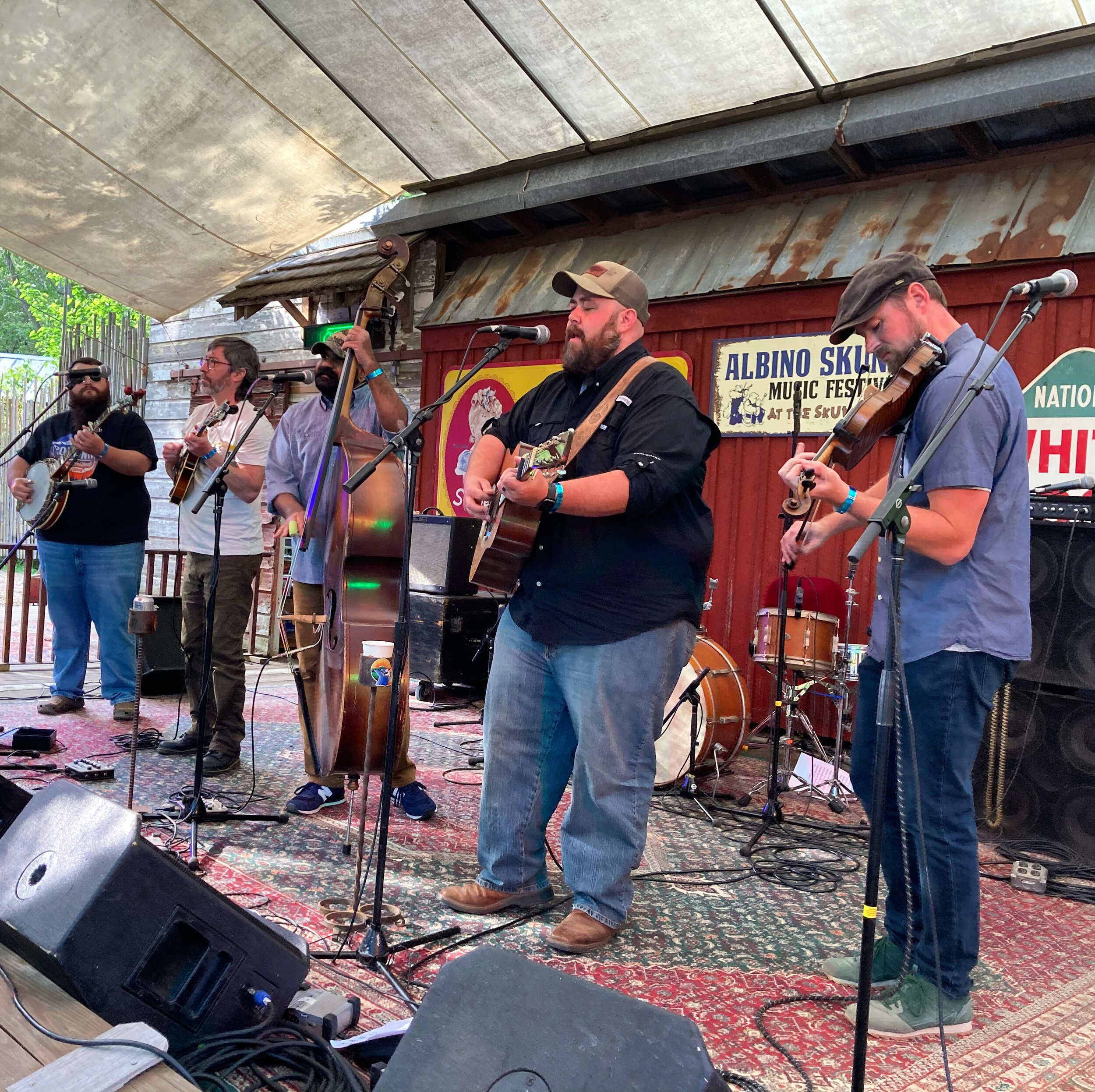Music artists often face a difficult choice: do I make songs that people likely expect me to make, or do I go in a new direction? Artists who are successful become associated with the style of music that got them their fame, and the stakes are then higher, the question harder to answer. Success can become a gilded cage, and is a large reason why some artists make records that sound the same over and over.
With very few exceptions, fame is fleeting, so the gilded cage that once seemed like a creative impediment can look better and better in the rear view mirror. Very many artists get locked into a pattern of trying to get back into that cage, which mostly plays out with diminishing returns as they go on. For aging pop music stars, this can be a really bad look. The artists that are continually rehashing their old hits are reminiscent of people that were popular in high school and never matched that later in life, but who keep focusing on early achievements decades later. It all becomes quite tedious. Who wants to be solely defined by something they did in their teens or twenties?
In his late twenties, Colin Hay was on top of the world. His band Men At Work had two #1 singles and a number one album, Business As Usual. Against a lot of odds, he helped crack open a door that had shut out Australian artists for over a decade. But by his early thirties, Men At Work was done — their third album flopped and the pop music machine spat them out. This could have easily ended his career, or like many artists, made for a kind of creative Groundhog Day that he never escaped. Thankfully, he did not stay in that mode, and went on to make many solo records that charted a new, rootsier course.
Colin Hay (photo: Paul Moble)
I caught up with Colin when he played Merlefest in April of 2022. It was a solo performance that saw him play from his extensive solo catalog as well as from his Men At Work days. As you will hear, Colin still embraces his earlier work, which is not always the case with artists enjoying a second career in roots music. We talked about his new album Now and the Evermore, his longtime relationship with Compass Records, the music and music scenes of his native Scotland and his successive home countries Australia and the US. Colin also points out his admiration for artists like Kasey Musgraves, Sturgill Simpson and Chris Stapleton, talks about finding his way out of having been, as he puts it, too alternative for commercial labels and too commercial for alternative labels, and a lot more, including more music from Colin’s latest record.
Songs heard in this episode:
“Now and the Evermore” by Colin Hay, from Now and the Evermore
“A Man Without A Name” by Colin Hay, from Now and the Evermore, excerpt
“Undertow” by Colin Hay, from Now and the Evermore, excerpt
“Down Under” by Men At Work, from Business As Usual, excerpt
“Agatha Bell” by Colin Hay, from Now and the Evermore, excerpt
We are glad to have you visit us, and would be even more so were you to share this with someone. It is super easy to follow us on your podcast platform of choice, and then it will only take a minute to give it a good rating, and on platforms with the option, a review. Great ratings and reviews will make Southern Songs and Stories and the artists it profiles more likely to be found by more people just like you.
Southern Songs and Stories is a part of the podcast lineup of both public radio WNCW and Osiris Media, with all of the Osiris shows available here. You can also hear new episodes of this podcast on Bluegrass Planet Radio here. Thanks to Corrie Askew for producing the radio adaptations of this series on WNCW, and to Joshua Meng, who wrote and performed our theme songs. This is Southern Songs and Stories: the music of the South and the artists who make it. - Joe Kendrick
